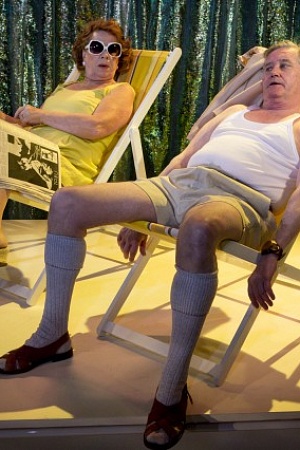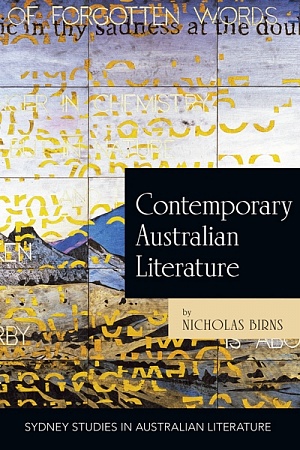The World Without Us
Bloomsbury, $29.99 pb, 293 pp, 9781408866511
The World Without Us by Mireille Juchau
From the opening pages of Mireille Juchau’s new novel, The World Without Us, we know we are in the hands of a poetic writer in control of language and ready to invest every sentence with resonant detail. In this scene, two of the central characters encounter each other at a river above a waterfall:
Now the water was strung with reflected clouds, and the canopy, backlit, was dark as the earth. This world, two hundred and fifty above sea-level, inverted. The river beyond his reckoning. It seemed as cryptic as the woman readying herself to swim in it.
Like her brilliant earlier novel, Burning In (2007), this novel addresses the grief of several characters who have lost family members, and it offers language and art as partial consolation. In this case, climate change and the destruction of nature seem to echo the personal concerns of the characters, and the likeness of the novel’s cover to that of James Bradley’s more future-centred Clade (2015) suggests that it may be an addition to the growing number of fictions warning us about a damaged future. Bee hives figure on both covers – and within both novels the decline of bee populations serves as a symptom of the crisis in nature.
Continue reading for only $10 per month. Subscribe and gain full access to Australian Book Review. Already a subscriber? Sign in. If you need assistance, feel free to contact us.















Leave a comment
If you are an ABR subscriber, you will need to sign in to post a comment.
If you have forgotten your sign in details, or if you receive an error message when trying to submit your comment, please email your comment (and the name of the article to which it relates) to ABR Comments. We will review your comment and, subject to approval, we will post it under your name.
Please note that all comments must be approved by ABR and comply with our Terms & Conditions.